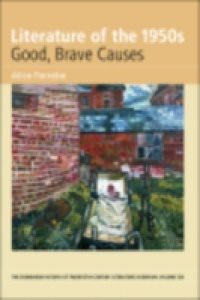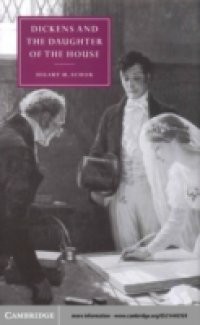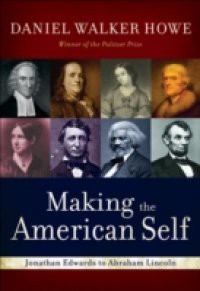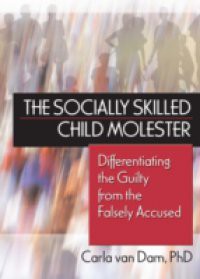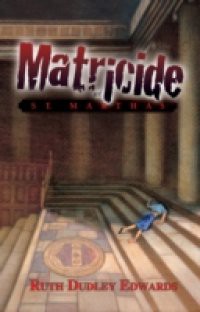This original study explores a vital aspect of early modern cultural history: the way that warfare is represented in the theatre of Shakespeare and his contemporaries. The book contrasts the Tudor and Stuart prose that called for the establishment of a standing army in the name of nation, discipline and subjectivity, and the drama of the period that invited critique of this imperative. Barker examines contemporary dramatic texts both for their radical position on war and, in the case of the later drama, for their subversive commentary on an emerging idealisation of Shakespeare and his work.The book argues that the early modern period saw the establishment of political, social and theological attitudes to war that were to become accepted as natural in succeeding centuries. Barker's reading of the drama of the period reveals the discontinuities in this project as a way of commenting on the use of the past within modern warfare. The book is also a survey and analysis of literary theory over the last tw



 9.13 (358)
9.13 (358) 